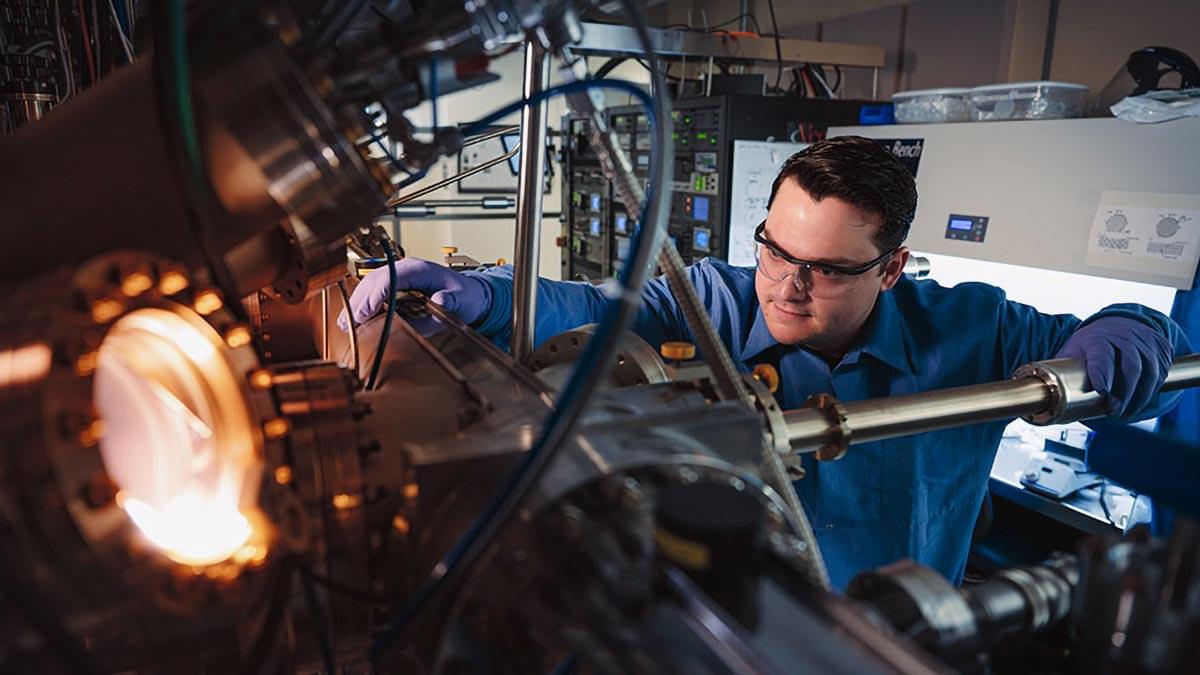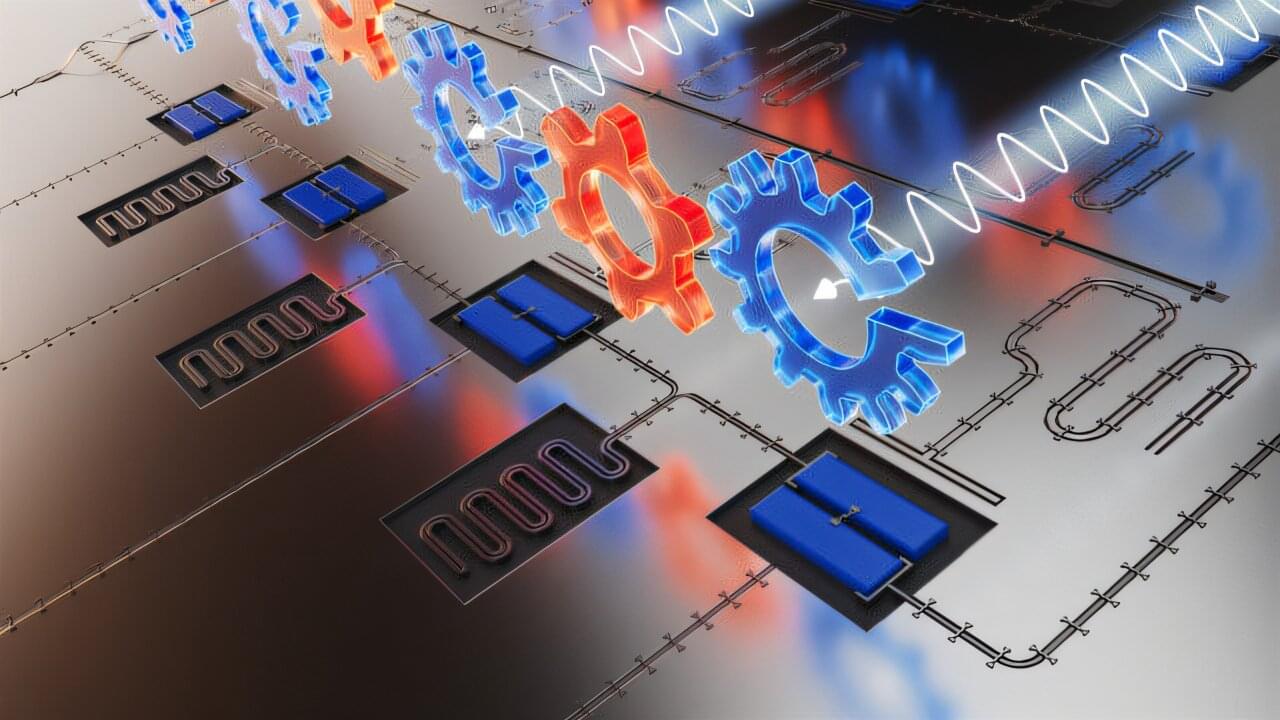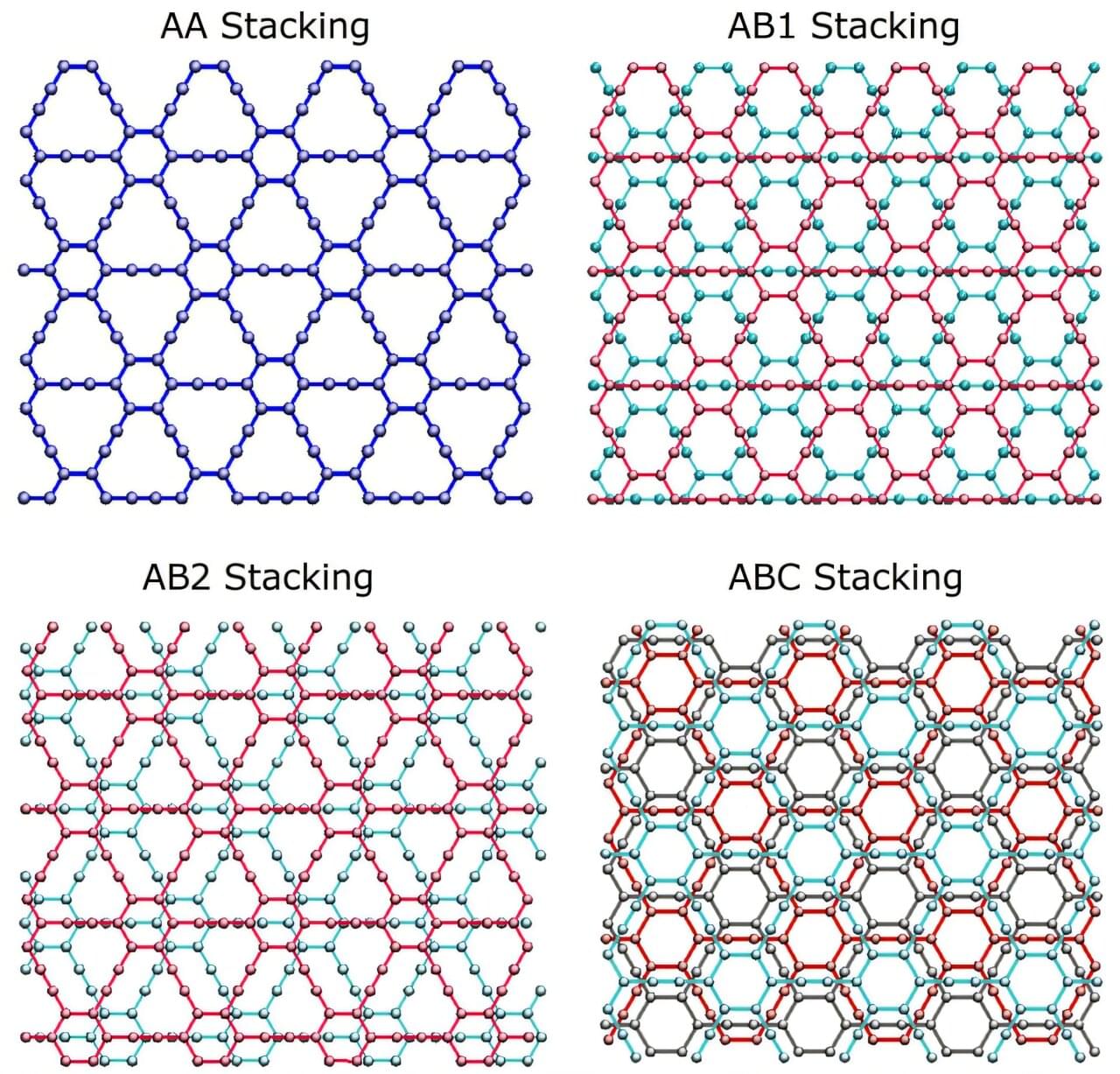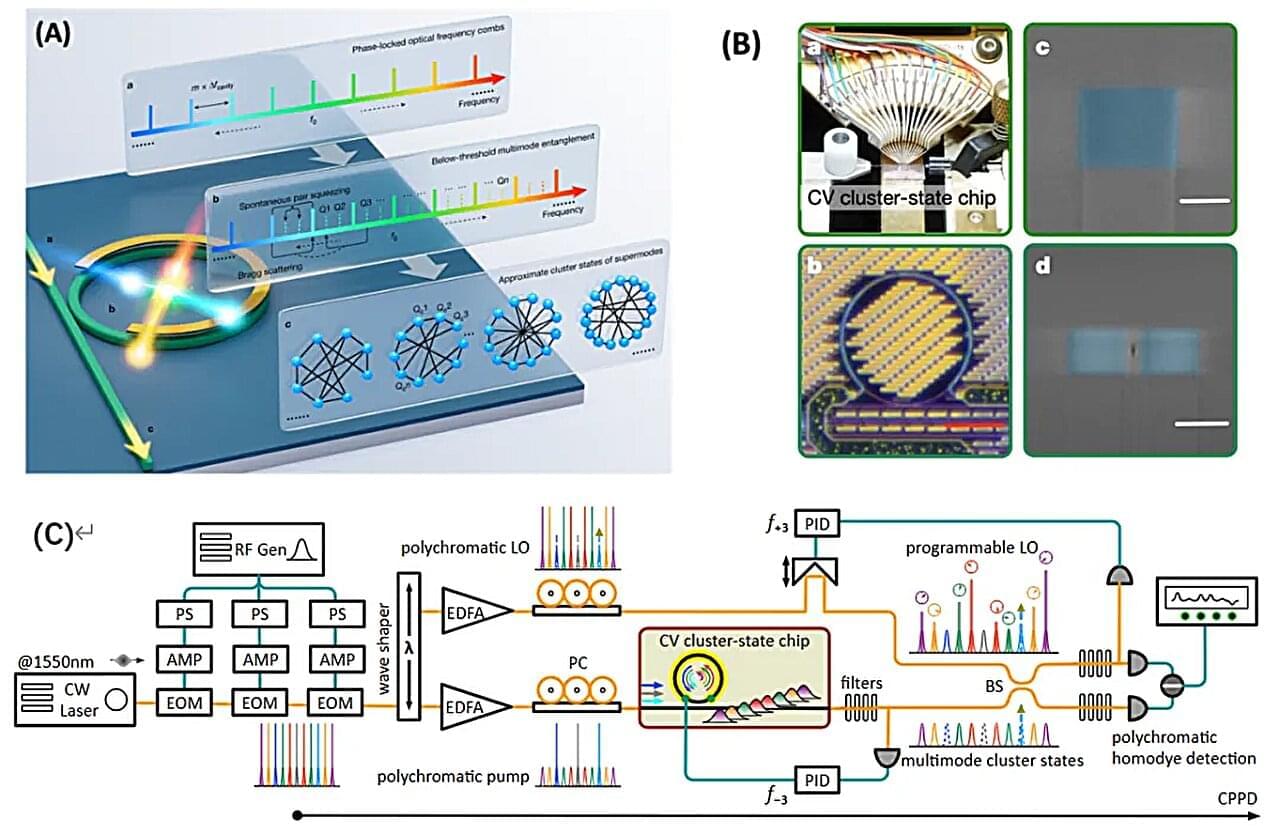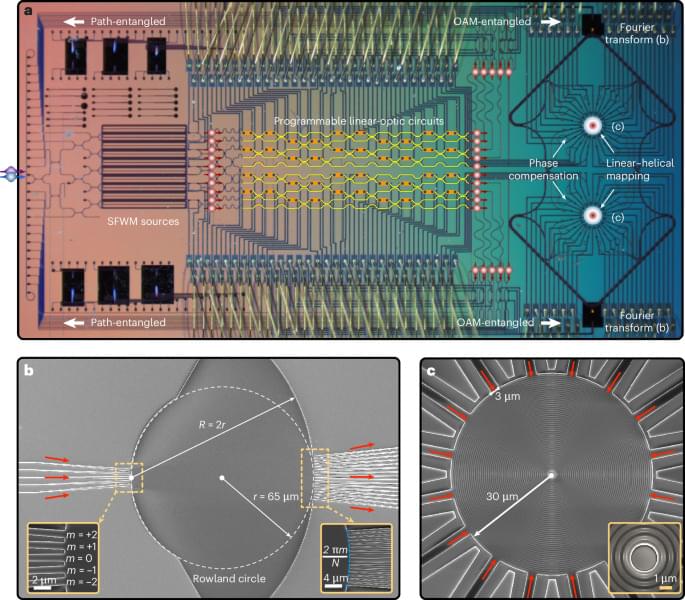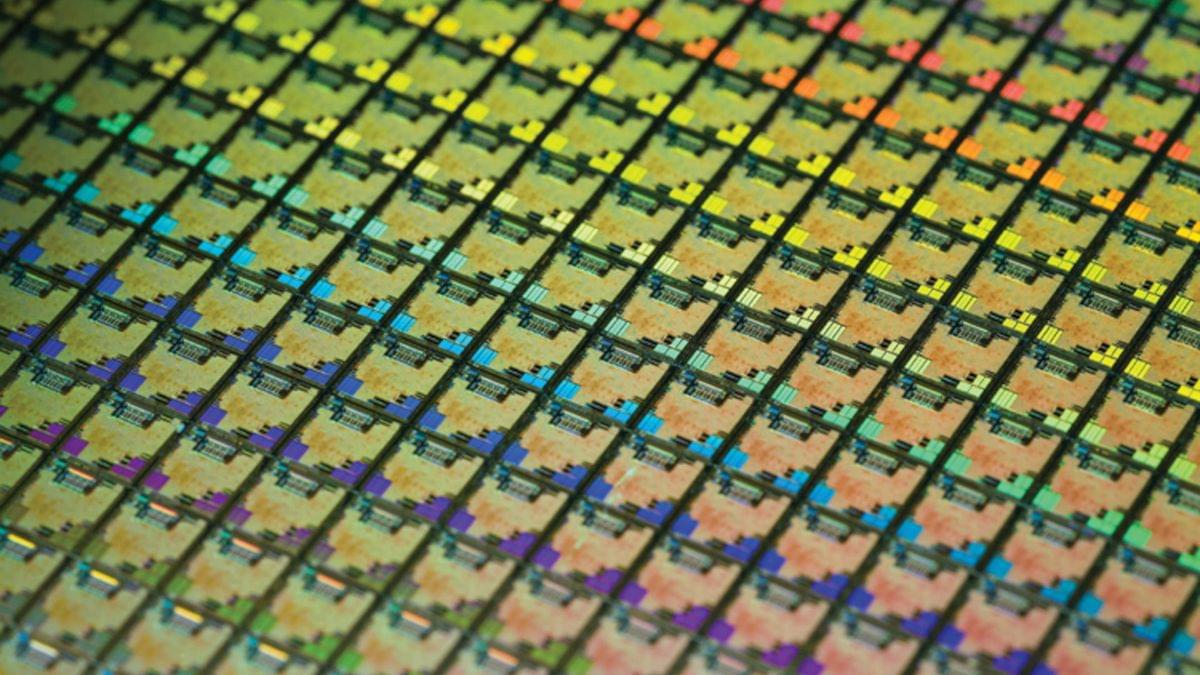That’s what prompted MIT engineers to create a fabric computer that can be stitched into regular clothes. The device features sensors, processors, memory, batteries, and both optical and Bluetooth communications, allowing networks of these fibers to provide sophisticated whole-body monitoring.
“Our bodies broadcast gigabytes of data through the skin every second in the form of heat, sound, biochemicals, electrical potentials, and light, all of which carry information about our activities, emotions, and health,” MIT professor Yoel Fink, who led the research, said in a press release.
“Wouldn’t it be great if we could teach clothes to capture, analyze, store, and communicate this important information in the form of valuable health and activity insights?”


